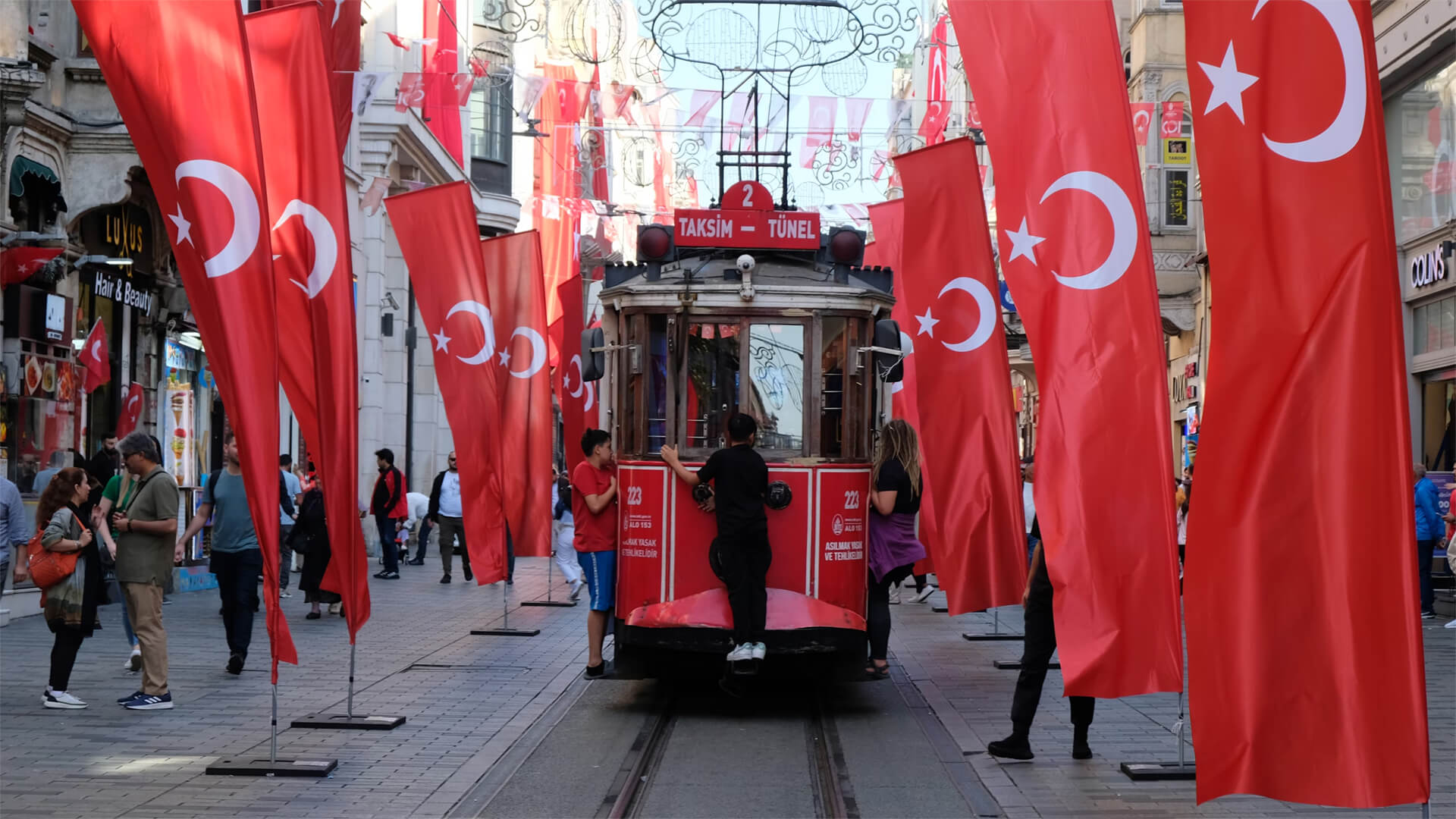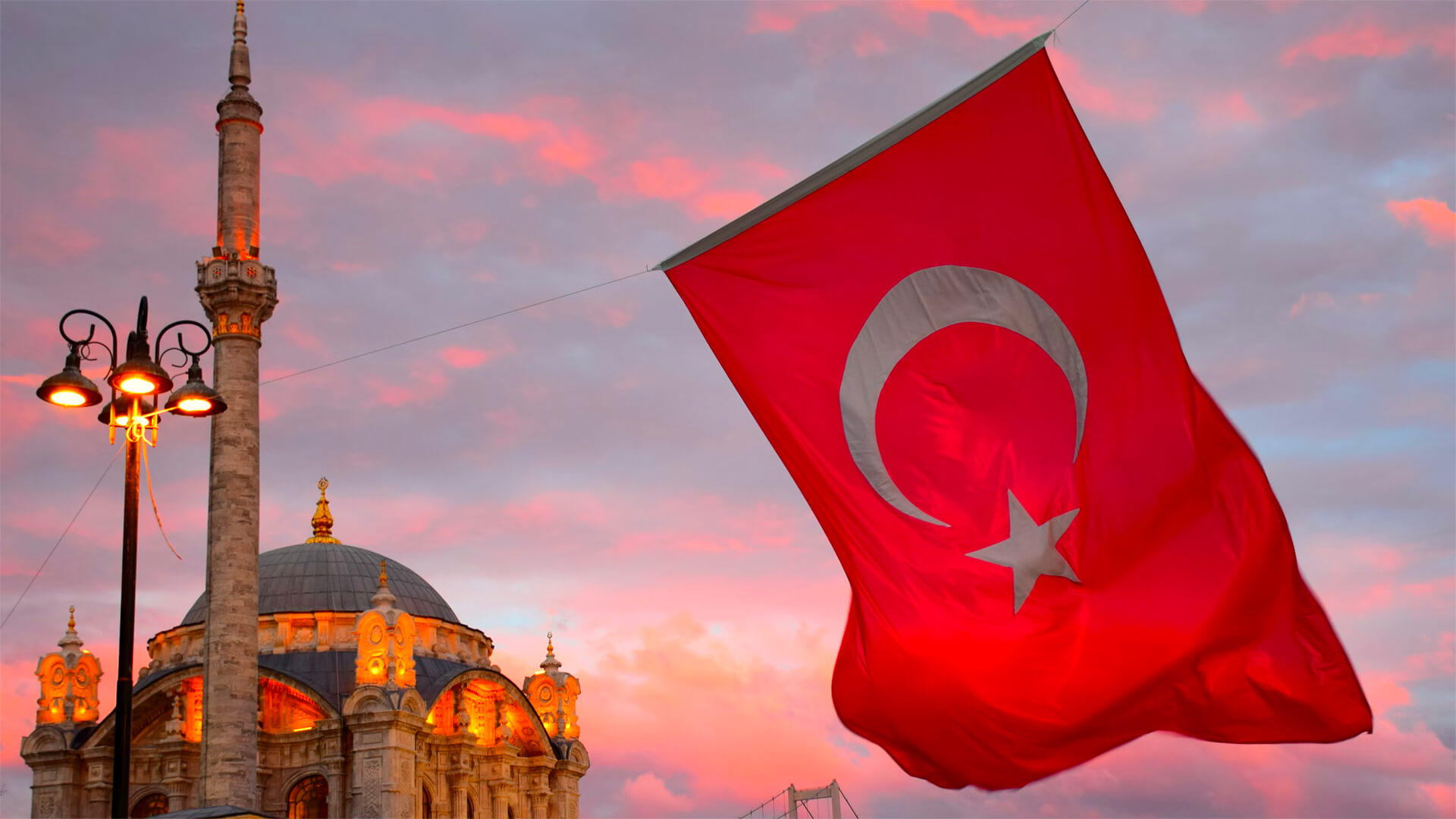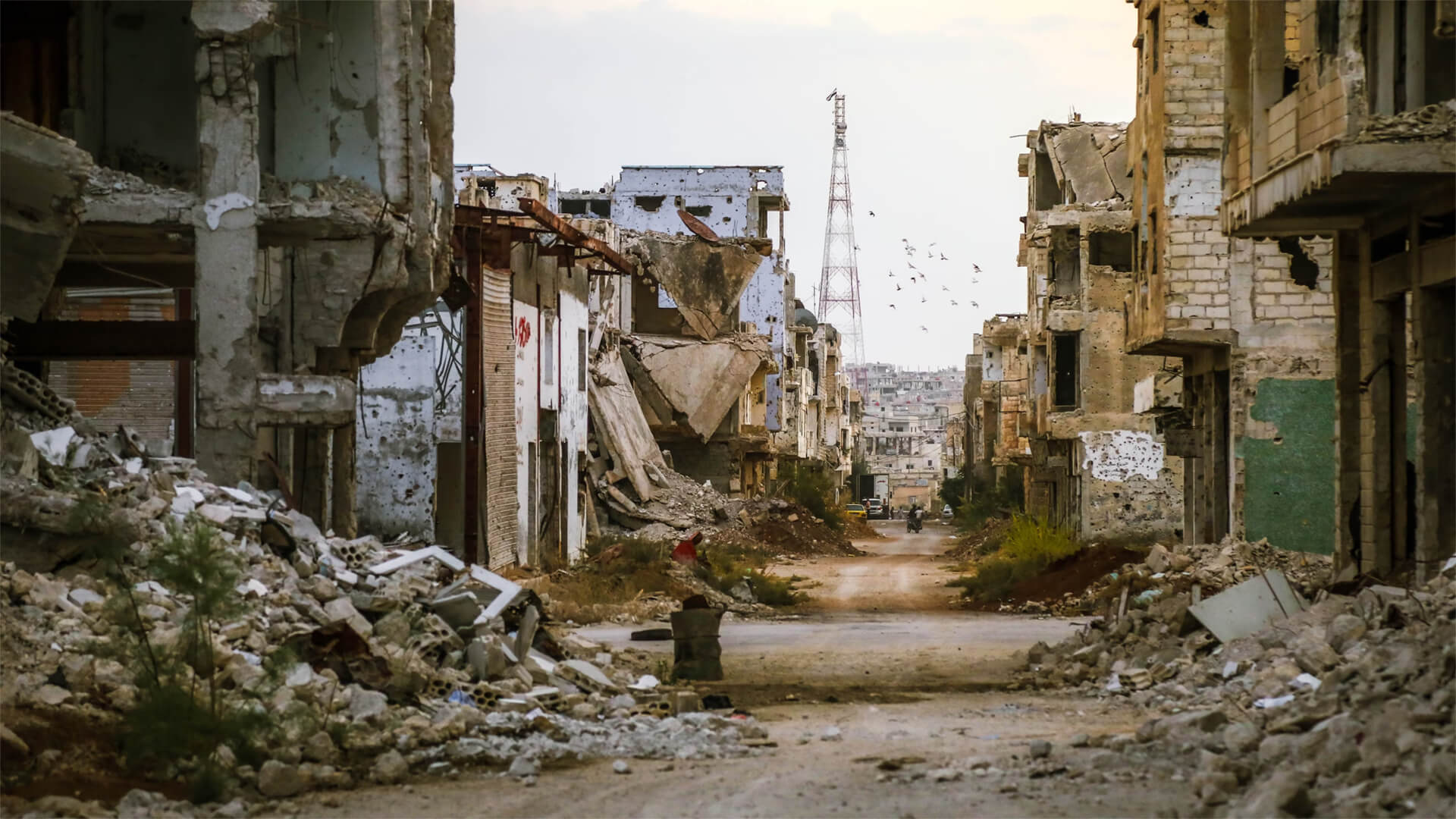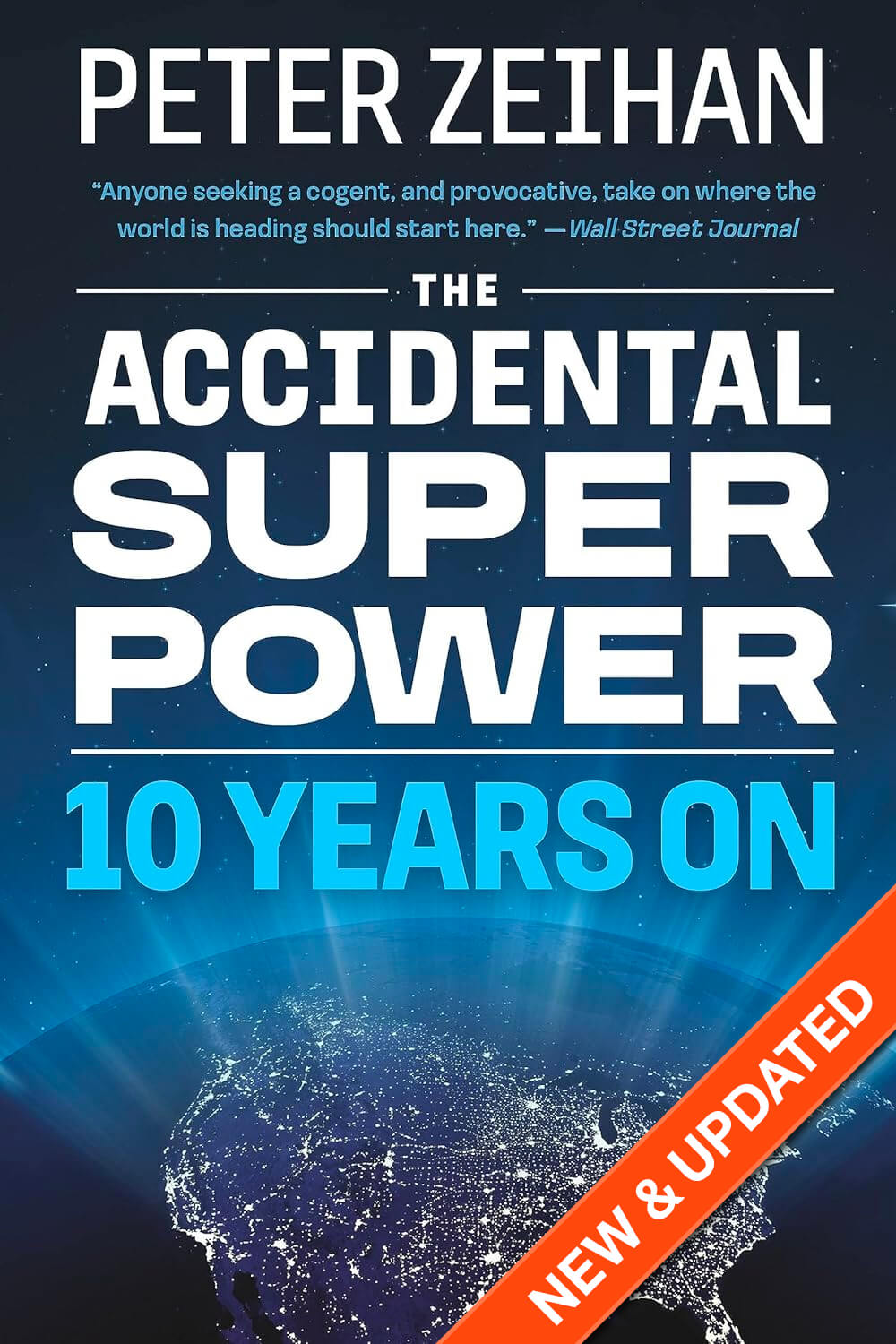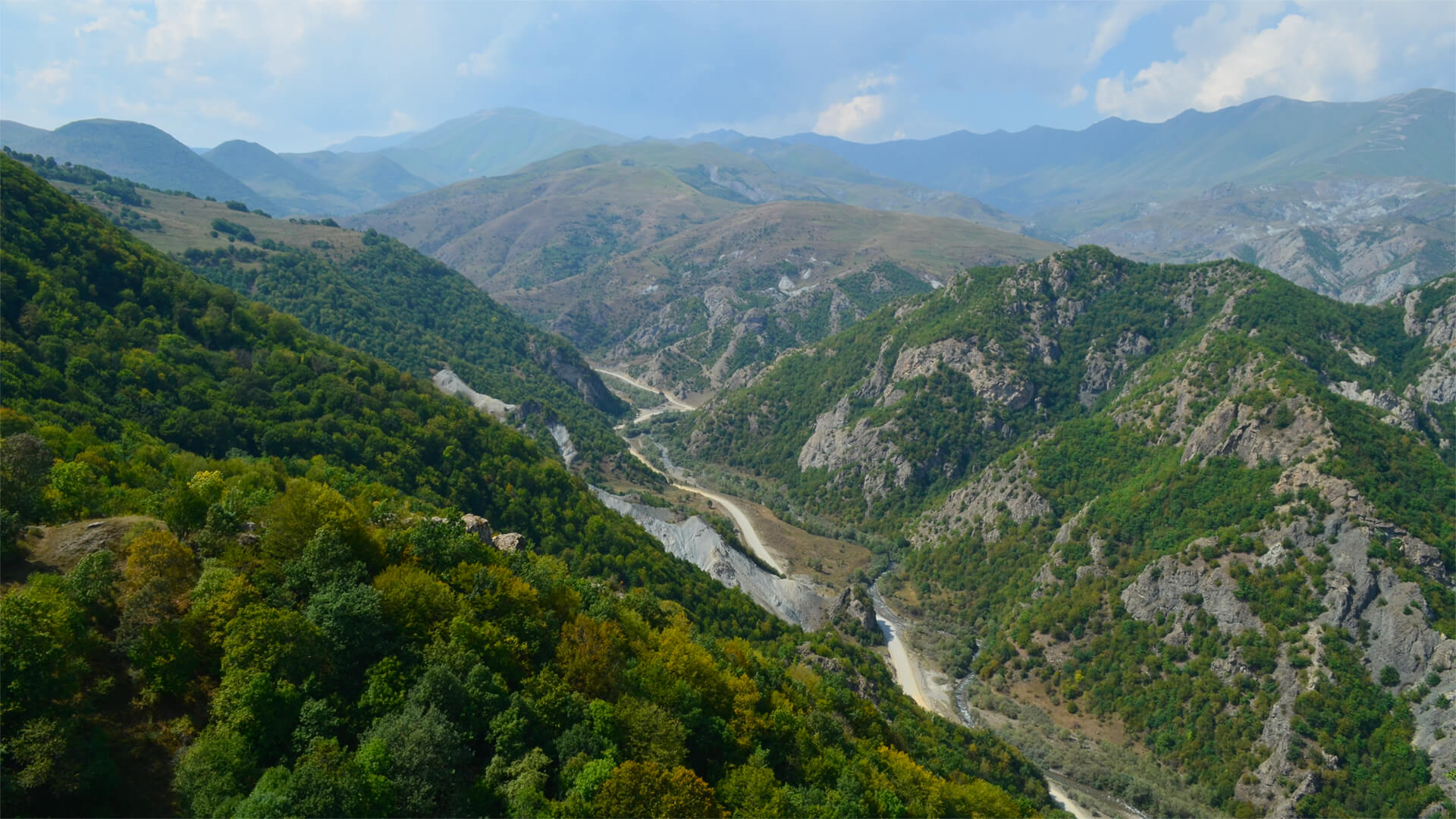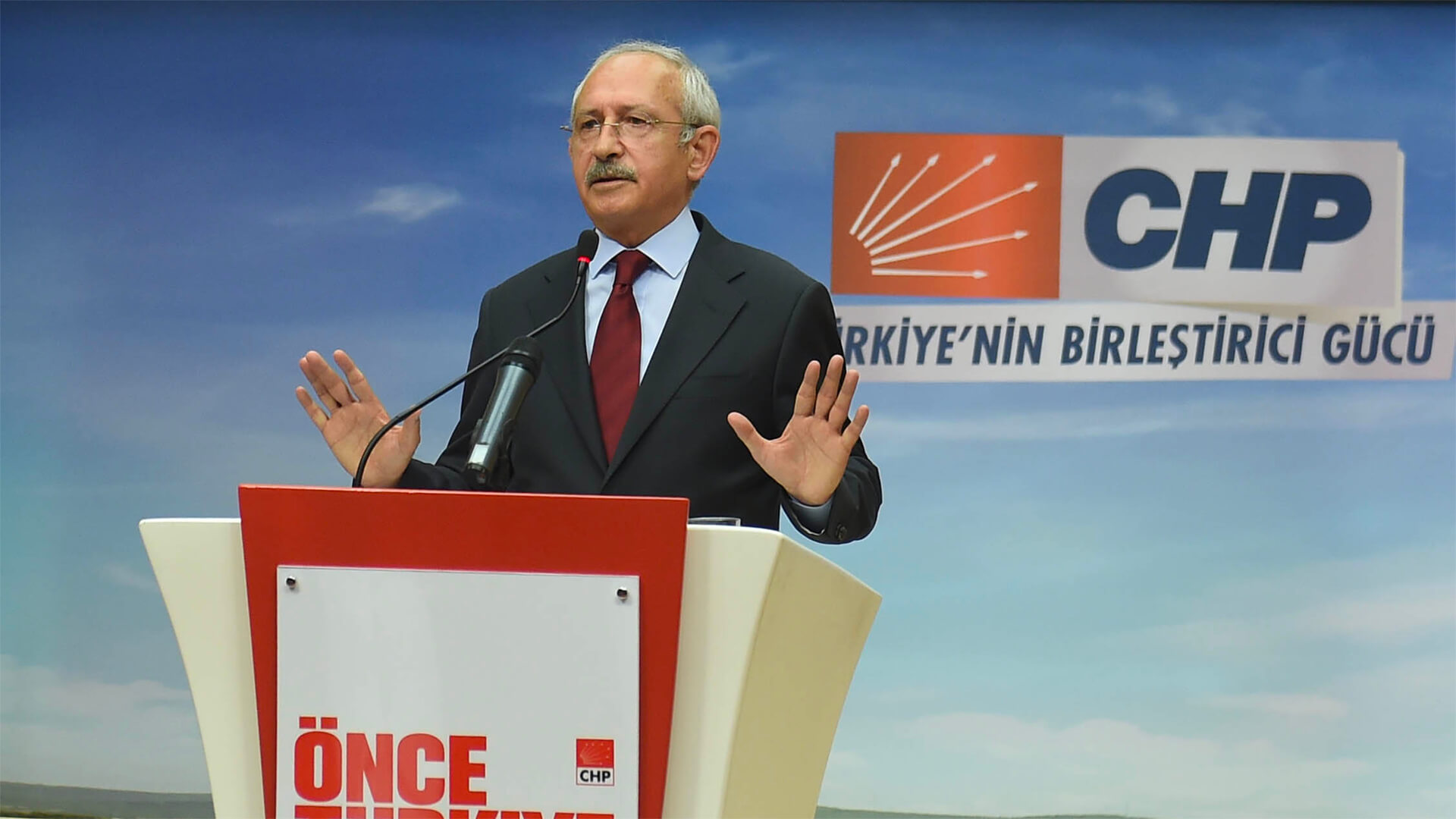We’re moving onto the region’s most dominant country – Turkey. Sitting at the crossroads of Europe, the Middle East, and the Caucasus, Turkey’s military, economy, and political identity have all been shaped by this unique identity.
As deglobalization sets in, Turkey (and more specifically, President Erdoğan) is keen on seizing an opportunity at climbing the regional ladder. Thanks to solid geography, good demographics, and a long history of outlasting regional upheaval, the Turks have the perfect foundation. All Erdoğan feels he must do is continue consolidating power, amend the constitution, and his seat at the table will be cemented for the remainder of his life. And then he can project his ‘image’ of society onto the wider region.
It’s not all butterflies and rainbows for Turkey though. They’ll need to continue growing the industrial base to be globally competitive. And some of those outdated economic views could harm Turkey’s long-term prospects, despite the deglobalized world we’re heading towards.
Transcript
Hey all Peter Zeihan here we are continuing this week series on the Middle East. And we’re going to now talk about the most powerful country in the region by far. And that is Turkey. Turkey is an industrial base that produces every other country in the region combined. It has a GDP roughly the same size as every other country in the region combined.
It has a military that’s more powerful than every other country in the region combined. In fact, it’s the second most powerful army within the NATO structure. Second only to the United States. And the first thing to remember about Turkey is that Turkey is Turkey. It is not Middle Eastern in the traditional sense. It is not European in the traditional sense.
It’s part of the Caucasus. It’s part of the Eurasian sphere. It’s part of the Balkans, it’s part of the Levant, it’s part of Mesopotamia, it’s part of all of this. But it is of none of them. It is its own thing. And if you start your understanding of Turkey by thinking it falls neatly into one or the other, you’re thinking about it wrong, which is one of the many, many, oh, so many reasons why the Europeans never understand the Turks.
Anyway, what the Turks are thinking right now at the top of the government is thinking right now is that they are at an interesting moment in history. There are two massive trends going on to the north that are colliding with one another, and both of them have limited time. The first one, of course, is the Ukraine war, because never forget the Crimea specifically and broader parts of the Russian and Ukrainian spheres at various times in history, have been part of the control of what today’s Turkey considers to be its normal birthright.
There are plenty of ethnic Turks throughout the Caucasus, in the southwestern Eurasian region. Of course, in Crimea itself. And so there’s no version of any future of the Ukraine war matter. Who wins, who loses where? The Turks are not going to be indelibly involved. And whatever that looks like. The second piece, of course, is the European resurgence and semi military unification that is happening both because of the Ukraine war, because of withdrawal.
The United States under the Trump administration, the Europeans are having to fight against decades of low birth rates and an industry that is designed around global exports, which is no longer functioning. And they’re having to find a new way of doing it. And part of the way they’re doing it is by converting some of their civilian industrial capacity to military production.
And for those of, you know, your European and especially your German history, you know where that can lead. But both of these trends are temporary. The demographic situation for both the Russians, Ukrainians and the Europeans is terminal. There is no version of a globalized world where Europe is still a single entity. There is no version of a globalized world where the Russians have the income that’s necessary to hold their own structures together.
As the United States leaves, both of these systems are doomed. And even if the U.S. stuck around the demographics are so bad, they’d be doomed anyway. The question is time frame. Is this five years? Is it 15 years? Is a 25 years? We really don’t know. History’s never been at this sort of turning point before unless you’re in Turkey.
The Turks have seen this all before. They’ve seen demographic decay on their borders. Going back to Roman times. They’ve seen a situation where wars on the periphery have flared as two forces fight off against each other and then both flare out. They saw this with the Persians, what is today the Persians against the Arabs. They are used to seeing other powers in the periphery rise and fall, because their demographics have always been good, their geography has always been good, and there’s always been a degree of insulation.
Doesn’t mean that it’s always perfect. Turkey has had its share of imperial rises. This falls as well. But the essence of what makes Turkey Turkey has always been there. And that brings us down to the personalities that are hoping to shape whatever’s next, because we have this many historical and geopolitical forces coming together at once, anyone who’s left standing on the other side is going to be able to kind of write their own ticket.
So that guy is the president, who goes by the name of Erdogan. Now at Iran has been at the top of the Turkish political heap since he kind of returned from an internal semi exile in 2000. Basically, the old government of Turkey tried to get rid of him, didn’t stick to being prime minister and now president.
And he’s now in the process of trying to amend the Constitution so he can be president forever. He refers to his enemies as traitors of the state. He lambast the educational system and the media and the financial sector is all being against him and against the will the people sound familiar to anyone at all? Anyway, Erdogan is hoping that he will be the dominant personality in all of your age.
In the not too distant future. And that he, as leader of Turkey, the most stable of the countries throughout this broader region, is going to be able to leave the Turkish imprint, the other one imprint on human history, from now on. And it’s not narcissistic egoism. That’s right. Well, it’s not it’s not just narcissistic egoism, because he too has done this before.
If you go back to the foundation of modern Turkey in the aftermath of World War One, we had a guy named Ataturk, who is generally considered the father of the modern incarnation of the state, which is something history hasn’t gotten around to amending yet. I’ll get to that in a minute. Anyway, Ataturk tried to drag the Turks out of the Ottoman Empire, which was semi religious.
The caliphate was headquartered in Istanbul. The Europeans saw the Turks as technologically backwards and neo hominids who had invaded from the plains Eurasia, descendants of the Mongols. All that good barbarous stuff, about half of which is true. Anyway, they were definitely more technologically backwards and say the European states were, as the Europeans were industrializing.
The Turks relate to that game out of Turk dragged Turkey by the ear, kicking and screaming into the modern age, introduced things like democracy and industrialization, took away their hats, changed the culture, and in doing so, he put the military as a secular force in charge of the country for the next couple of generations, ebbed and flowed when Ataturk was dying, he gifted, if that’s the right term, democracy to the country.
And a lot of the people in Turkey thought that they shouldn’t have given up their religion or their culture. And so we got this back and forth and back and forth and back and forth. It lasted until about oh, 2002 when, at Iran came in and basically grabbed both sides of that political argument by the ear and forced them into a single mishmash time.
He, I mean, sort of singular system that he now rules. So the secular military that used to throw coups, that has been completely brought under civilian control, all of the religious figures that used to issue, directives against the government, all those have been brought to heel and are under everyone’s control. So we have now one turkey.
That is a combination of the best and the worst of both sides of that old political argument. So from veteran’s point of view, he’s already the guy who’s been remaking Turkish history for a couple of decades. And the next logical step is to remake the entire region. So from his point of view and he’s got a point that if there’s anyone who knows how to navigate these particular waters, it’s him, because he’s already done it.
All he has to do is continue to shove all of Turkish society into a box of his shape, design and size. So he’s trying to force his political allies in the Parliament to allow him to run for president again. I think it’ll be like his 14th term or something. I mean, it’s not like fourth term. And if that’s successful, he will basically be president for life.
He’s already, I believe, 71. He’s not rumored to be in ill health. Doesn’t mean he’s a great modern manager in many ways. He’s like like Donald Trump. His idea of what industry should be is what it was 50 years ago when he was a kid. So technology is not something he understands. Modern society is not something he understands.
People who are young, you know, under 50 are not people that he understands. Again, it’s unfamiliar. And so he’s introducing what may well be some of the very problems that are going to plague Turkey for the rest of the century. For example, the Turks have a very solid industrial base, but it’s kind of middle tier for quality.
Anyone in the Middle East who can afford it doesn’t want Turkish goods. They want German goods. And anyone in the Middle East who can’t afford Turkish goods wants Asian goods because they’re cheaper. So Turkey has yet to define what it’s going to be in this new era. All we know for sure is Erdogan is committed to being the big man when everything breaks.

